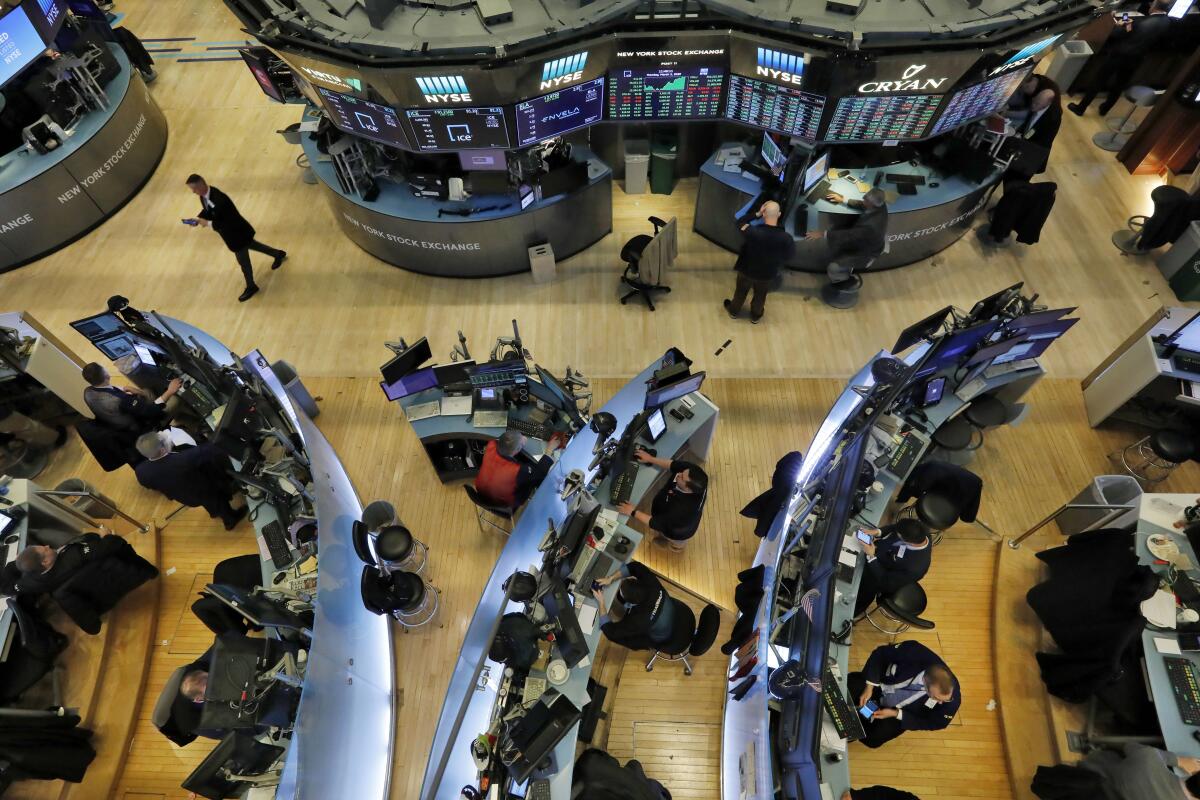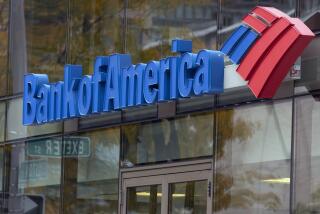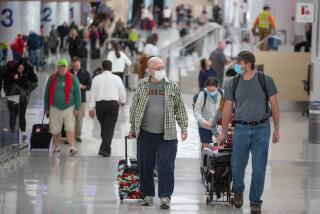Robinhood users miss stock rally as the trading platform seizes up

- Share via
Online brokerage platform Robinhood suffered an outage Monday that lasted the entire U.S. trading day and prevented customers from making trades as stocks surged after last week’s rout.
The systemwide issue began as the markets opened, with clients unable to access their accounts. Almost two hours later, Robinhood Markets Inc. said that the problem had been identified and that its staff was working on a fix. By the time U.S. stock markets closed at 1 p.m. PST, access had not been restored.
Clients blasted the closely held company on social media, and several said they would close their accounts.
“This is a critical time in the markets and you guys FAILED to execute,” one user said on Twitter. Another wrote: “What is going on — I can’t do any trades — you will lose me as customer going forward. This is ridiculous.”
The failure was a setback for a Silicon Valley start-up that has sought to attract young, tech-savvy investors who want to trade entirely online. Founded in 2013, the Menlo Park, Calif., company made a name for itself by offering commission-free trading on a mobile app. Since then, it has garnered millions of customers and a valuation of $7.6 billion.
Financial technology companies may have difficulty dealing with higher trading volume in more volatile markets, said Craig Pirrong, professor of finance at the University of Houston. “Particularly, is the technology scalable enough to handle the amount of orders they’re getting?” he said.
Recently, much larger competitors, including Charles Schwab Corp. and Fidelity Investments, have dropped some trading fees, essentially matching Robinhood’s offering. Companies including Jack Dorsey’s Square Inc. have also started offering the ability to trade stocks free of charge.
U.S. stocks surged the most in 14 months Monday as investors gained confidence that central banks would intervene to mitigate the economic effect of the coronavirus outbreak. Last week, the benchmark Standard & Poor’s 500 index had its worst week since 2008.
During the market decline last week, Fidelity and Schwab customers experienced technical issues that were quickly repaired.






